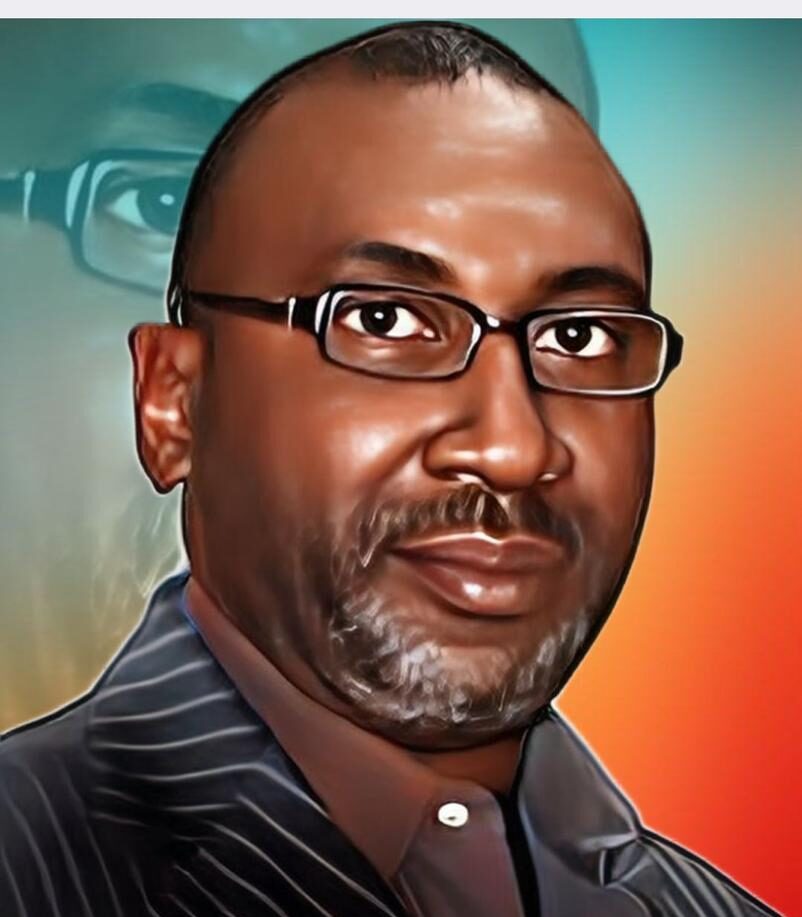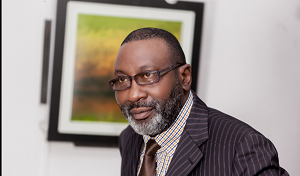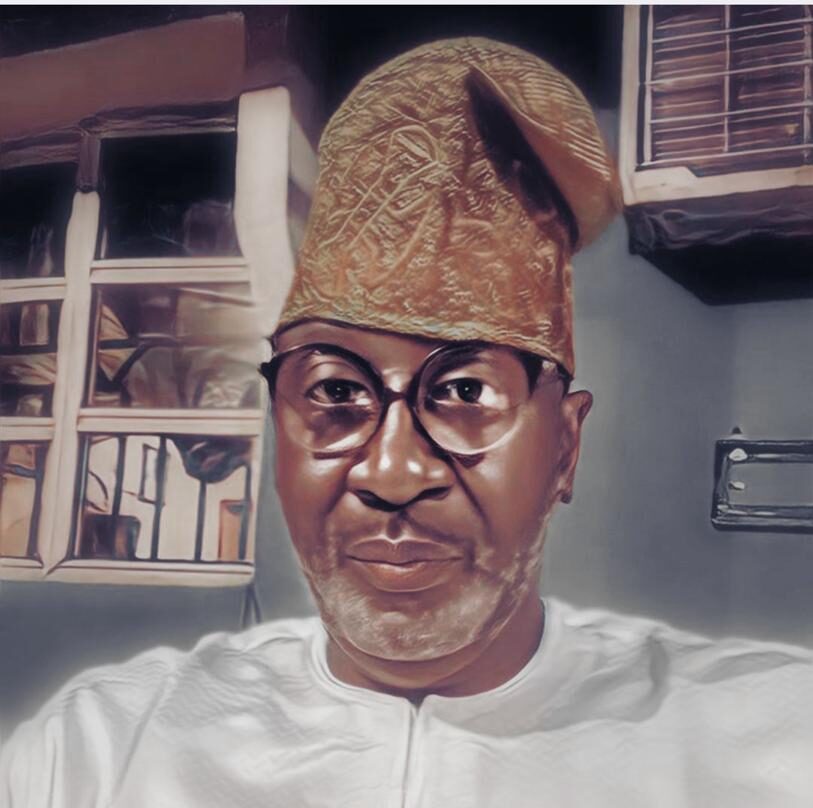Countries that consistently turn to prayer and the supernatural will ultimately find support and progress from those who prioritize critical thinking and logic.
By: Abayomi Odunowo.
Countries that pray and rely on magic will always depend on countries that think. This statement holds a profound truth about the difference between countries that are driven by superstition and those that prioritize critical thinking and rational decision-making. The dichotomy between belief in the supernatural and reliance on logical reasoning has profound implications for the development, progress, and success of nations.
I will try to explore the reasons why countries that prioritize critical thinking and logic will always have an advantage over those that rely on magical thinking and prayers.
First and foremost, countries that prioritize critical thinking tend to have a higher level of education and scientific literacy. In these nations, knowledge and skills are valued, and education is seen as a pathway to success. As a result, citizens are more likely to pursue advanced degrees, engage in research and development, and contribute to technological advancements. In contrast, countries that rely on magic and superstition tend to have lower levels of education and scientific literacy, which hinders their ability to compete in the global marketplace.
Furthermore, countries that prioritize critical thinking tend to have stronger economies and more stable political systems. This is largely due to the fact that logical decision-making leads to sound economic and political policies. In these nations, leaders are more likely to use evidence-based approaches to governance and economics, which fosters stability and growth. Conversely, countries that rely on magical thinking and prayers may struggle to establish stable economic and political systems, leading to poverty, corruption, and social unrest.
Another key advantage of countries that prioritize critical thinking is their ability to adapt and innovate. These nations are more likely to embrace change, adopt new technologies, and develop innovative solutions to complex problems. This allows them to stay ahead of the curve and maintain a competitive edge in the global arena. On the other hand, countries that rely on magic and superstition may resist change and innovation, which can hinder their ability to progress and thrive in a rapidly evolving world.
Moreover, countries that prioritize critical thinking tend to have stronger healthcare systems and higher standards of living. This is because evidence-based medicine and public health policies lead to better health outcomes and overall well-being. In these nations, investments in healthcare research and development are prioritized, leading to advancements in medical technology and improved quality of life for citizens. Conversely, countries that rely on magical thinking and prayers may struggle to provide adequate healthcare and ensure the well-being of their citizens.
Nigeria is a country with a complex and diverse culture, which has led to a blend of critical thinking and belief in the supernatural. While the country has made significant progress in fields such as education, technology, and innovation by prioritizing critical thinking, it also heavily relies on prayer and supernatural beliefs in areas such as healthcare and political leadership.
It is essential to recognize that while prayer and supernatural beliefs may provide comfort and hope to individuals, they are not substitutes for evidence-based, logical approaches to problem-solving. In fact, countries that consistently turn to prayer and the supernatural in crucial domains such as healthcare and political leadership often find themselves hindered by a lack of progress and support in those areas. By prioritizing critical thinking and logic, countries can harness the power of reason and evidence to make informed decisions and drive progress.
In Nigeria, as in many other countries, it is crucial for leaders and citizens alike to approach challenges with a balanced perspective that respects both traditional beliefs and the principles of critical thinking. By finding a harmonious balance between the two, Nigeria can continue to make strides in fields such as education and technology while also addressing challenges in healthcare and political leadership with evidence-based approaches. Ultimately, the integration of critical thinking and logic with traditional beliefs will empower Nigeria to achieve sustainable progress and support.
In conclusion, the dichotomy between countries that prioritize critical thinking and those that rely on magical thinking and prayers has far-reaching implications for the development, progress, and success of nations. The advantages of critical thinking are evident in higher levels of education and scientific literacy, stronger economies and political systems, greater adaptability and innovation, and improved healthcare and standards of living. It is clear that countries that think critically will always have a distinct advantage over those that rely on superstition and magical thinking. As we look toward the future, it is essential for nations to prioritize critical thinking and logic in order to thrive and succeed in a rapidly changing world.
Media Contacts
Otunba Abdulfalil Abayomi Odunowo
National Chairman AATSG
URL: www.aatsg.org.ng
Tel: +2349053535322
Email: [email protected]





